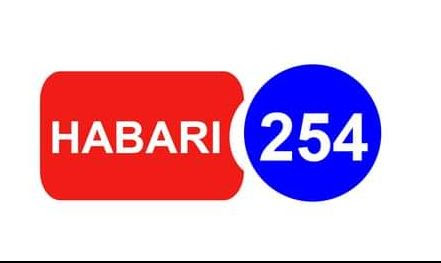Every Kenya has the prospect and vision of owning a land in
the in the present future or in the near future. Apart from gold, land is one
of the assets that have the rare characteristic of appreciating in value over time.
And indeed land in Kenya is appreciating at a faster rate than any other asset,
and an investor say in real estate you don’t wait to invest, but you invest to wait.
So for any investor who wishes to buy land without risk of being duped, what
are the steps for you to follow? Here they are
1)
Look for the land itself:-the land should meet
your preference i.e. once you have identified the land obtain a copy of the land title deed from the seller
2)
Do search at the ministry of lands:- this is
usually at the land registry and it is aimed to ascertain whom the valid owners
of the land are if the title deed has any caveat on it and the acreage (size of
the land)
3)
Do a search with county authorities- this search
at the city is meant to check for any unpaid land rate. Note that land cannot
be transferred to the buyer if it has land rate arrear with the county authorities.
If the land has some land arrears, then this should be factored in when
negotiating the land priced i.e. who should pay the land rate arrears. A rates
clearance certificate from the Nairobi county cost around Kshs 10000 it will
take around 6 days to get, other counties charges may be different.
4)
Buy 2 maps from the ministry of lands or even a
local surveyor .the first map usually drawn to scale shows the exact
measurement of the piece of land i.e. mutation and the second map shows the
land neighboring the piece you intend to buy. each of the map cost Kshs 350
5)
Physical land verification: - the buyer should
visit the land together with the seller (owner) and a local surveyor. This
visit is aimed at verifying the dimension, checking and erecting beacons and
also for every neighbor and any other would be interested party to know that
the land is being sold.
6)
Sale contract/agreement :- negotiate with the
seller on the price of the land and once a conclusive price agreement is
settled , it is advised that the buyer should appoint a lawyer and the seller
also may have his lawyer who will draft the sale agreement (it is however not a
legal requirement to have a lawyer although it is advisable)LSK standard are
that, if the price of the land is less than Kshs 1 million, the lawyer fee are Kshs
3000,if above Kshs 1 million you pay the lawyer Kshs 8000 for his services. Also
note that the spouse MUST be present and MUST sign the agreement.
The agreement may have a requirement that
you (buyer) to pay some amount after signing the sale agreement (mostly its 10
% of the sale price).but it is advisable that you don’t pay any amount until you
get clearance from the land control board (lcb).the lcb has the final word on
land transfer agreement.
7)
Land control board clearance:- immediately book
meeting with the lcb. This will cost you Kshs 1000 and they usually meet once
of a month (main lcb meeting) but there is a special lcb meeting which you can
book at Kshs 5000 .lcb will authorize clearance/consent for the land transfer.LCB
compromise of area elders and county commissioners and it arms at ensuring
transparency in land transfer e.g. if a husband sales land without consent of wife,
LCB will not approve such a land transfer.
8)
Once the clearance is obtained from LCB the
seller should sign the land transfer forms and you should make the final
payment to the seller.
9)
Change of ownership:-armed with the consent from
LCB a valid search(less than six months),a rates clearance certificate from the
county government, the sale agreement certificate, 3 passport photos , KRA PIN certificate,
the old title deed, proceed to the ministry of land immediately to change
ownership of the land .it cost Kshs 5000 and usually takes two weeks to process
a new title deed.
10)
Payment of stamp duty: - you should apply to the
government valuer using the valuation form by the seller. Once the valuation is
made pay the stamp duty payable to the commissioner of domestic taxes. It is
usually 4 % of the value of the land in urban area (municipalities) and 2% of
the value of land in rural areas. There is also the capital gain tax of 5 %
that will be collected simultaneously with stamp duty.
11)
The parcel of land is now yours .but before you
make a toss, please visit the ministry of land (land registry) and do a search
to verify its detail including your name. Hope this article will be of help to
you. NB fees and charges changes with time.


No comments:
Post a Comment